Building High
Performance
Dapps
Performance
Dapps
Entering personal data on the Internet seems unsafe for many users. With dApps there are better options to stay secure
dApps
What is dApp?
Decentralized applications are blockchain-based applications built with interlinked smart contracts for the backend and a traditional user interface design in the front end. To the end user, decentralized apps function like regular applications, i.e., Twitter or YouTube. But unlike the latter, it operates autonomously, devoid of control by a central authority.
All traditional apps use a central server to store information. For example, on Twitter, login details, tweets, and threads are all stored in a central database. Banking platforms determine whether users can borrow, lend, or send money on their platform. A single server - usually controlled by a few people - powers these platforms.
But decentralized apps don't have a central authority. Instead, its ecosystem is built with open-source code on a distributed ledger. So, everyone has a say in the development and well-being of the network. Besides, with the proper smart contract application, decentralized apps can perform any task, thus, making it usable in many instances.
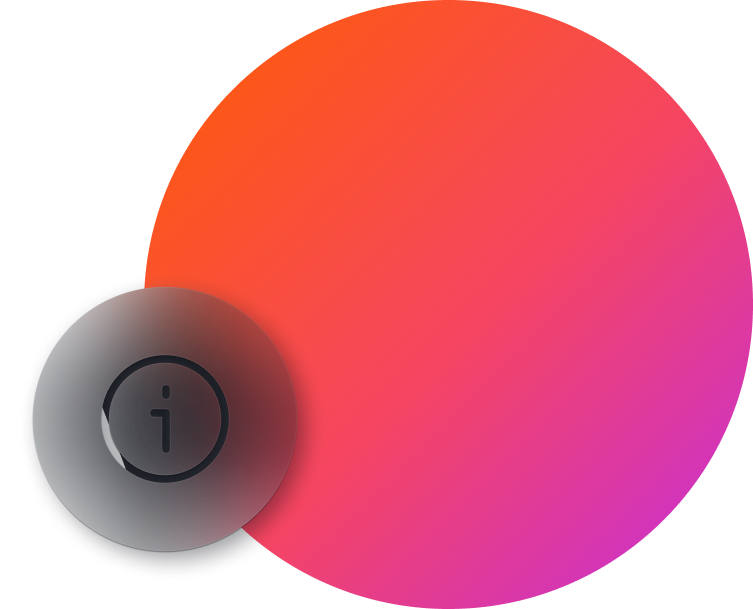
Architecture Of Decentralized Applications
To understand the dApp architecture, it's important to know little about how dApps came about.
A Little History About The Evolution of DApps
Bitcoin was the first Blockchain network after emerging in 2009. Then, the technology was just a decentralized alternative for financial transactions. But when Ethereum came about, its developers wanted something beyond decentralized payment. Instead, they wanted decentralized solutions functional in every life use case.
Buterin and co-developers visualized a decentralized internet. Users, rather than service providers, will have control and make decisions on this internet. They developed an immutable code known as smart contracts to actualize their vision.
These smart contracts were apps built on the Blockchain network to facilitate peer-to-peer transactions. In addition, these apps use Blockchain to eliminate centralization and intermediary. In 2014, Shawn Wilkinson, Jeremy Kandah, and David Johnston, amongst others, published a full report on dApps named "The General Theory of Decentralized Applications." The report lists the key attributes of a decentralized application.
So, What Are Decentralized App Types?
Layer One dApps: Bitcoin and Dogecoin are the best examples of layer one decentralized apps. They exist on their native Blockchain. Therefore, they only need a consensus algorithm, i.e., PoS or PoW, to function.
Layer Two dApps: Layer two dApps are the protocols built on Layer one to use the latter Blockchain attributes. Smart contracts built on the core Ethereum Blockchain can be considered layer two. While the Layer 2 system is decentralized, its transactions aren't on the main chain.
Layer Three dApps: Layer three dApps are built on Layer two. It ensures interoperability among various layer one and layer two networks. It factors in every ecosystem's different functionalities and technologies to make them communicate, connect and interact with one another.
An excellent example of a blockchain's three-layer architecture is Cosmos. Tendermint Core and Cosmos-SDK serve as layer one and layer two, respectively. Meanwhile, Inter Blockchain Communication (IBC) serves as the layer three protocol to ensure interconnectivity among ecosystems.
Thus, decentralized apps and smart contracts created on Decimalchain or Ethereum can interact and integrate with Cosmos, Polkadot, Avalanche, or any other ecosystem using IBC.

What Makes Decentralized Applications Better Than Centralized Applications
The decentralized nature of dApps gives it many benefits over centralized apps. They include
No Transaction Cost From Third Parties
dApps connect two nodes directly on a peer-to-peer network. As a result, each node doesn't need a third party, usually a centralized network, to communicate. As a result, it makes transactions faster and more cost-effective.
For example, you don't have to deal with third parties like PayPal or Payoneer when sending money. Thus, saving you transaction charges. With third parties eliminated, the transaction also becomes instant.
No Censorship
Its decentralized nature ensures that no individual player can block users from using the network. Users aren't bound to the whims and caprices of central authority because it is non-existent.
In comparison, traditional applications like Facebook always have their terms and conditions. The service providers can block you from using their network once you breach their terms.
Consensual Modifications
dApps are open source. That is, every participant node can access the ecosystem's source code. Thus, changes only get done when a majority votes in its favor.
Voting makes it less vulnerable to fraud or viruses, which, in turn, ensures the ecosystem is high quality.
Innumerable Use Cases
Crypto dApps have always been the front-line decentralized app use case. But the network transcends cryptocurrency. The decentralized ledger can be used to improve user experience in:
• Gaming
• Social blogging
• Governance
• Fintech
• File storage
• Medical niche, etc.
For example, Filecoin is a decentralized app alternative to Dropbox that helps you save files on a peer-to-peer server.
No General Downtime
A traditional app goes down once its server fails. But dApps can't be shut down because it has no central server. Instead, data in apps is decentralized across every node. So, if one node fails, others still run without any problem.
No Central Point of Attack
Hackers can breach traditional apps like Twitter by attacking its central server. But in a decentralized application, there is no server computer to target. So, no main point to attack could affect every user. Thus, saving their data from breaches.
What Are The Use Cases Of Decentralized Blockchain Applications
According to a DAppRader statistic, over 2.11 million unique active wallets connected to dApp Blockchain in the 2nd quarter of 2022. Thus, receiving a 62% usage boost in precisely a year.
A graph showing UAWs connected to dApps against Bitcoin price
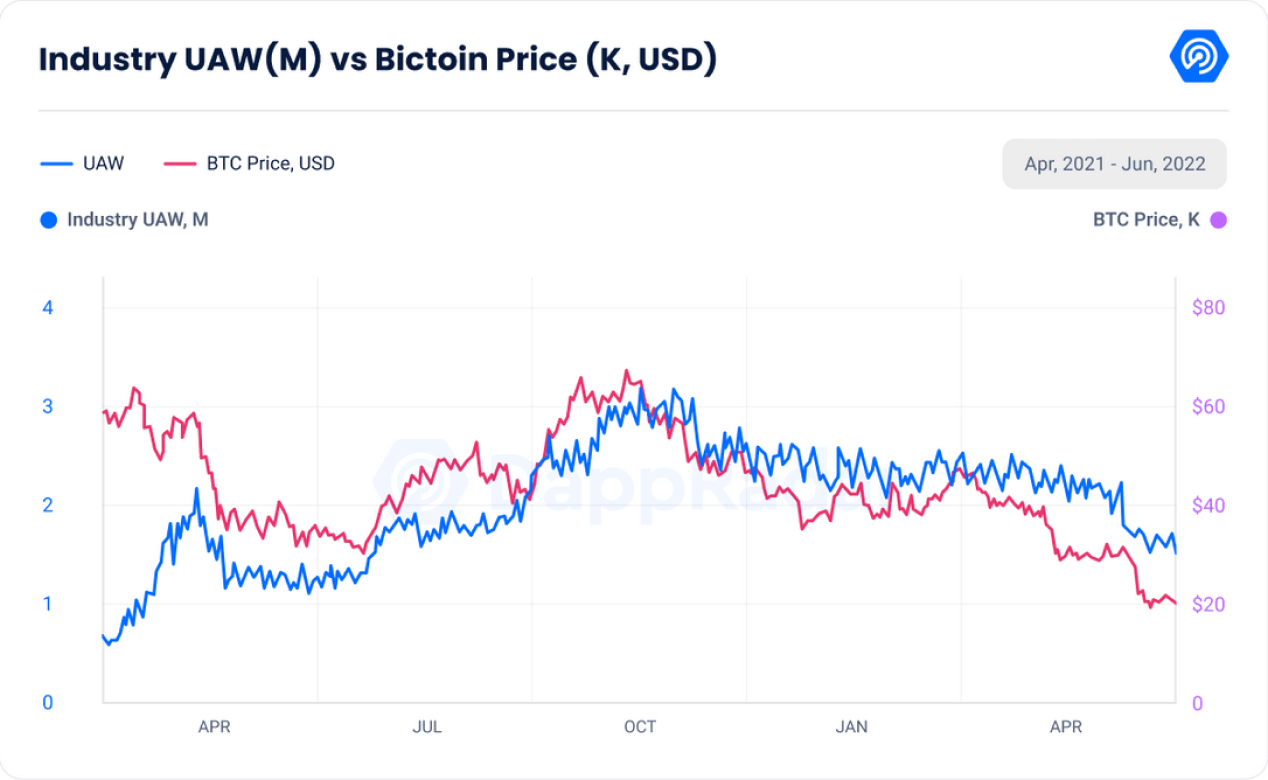
Source: DappRadar
Even though the crypto industry is bearish, it's fascinating to know that dApps usage continues to increase. For instance, trading volume on Ethereum decreased by 40% from Q1. But digital assets sales increased by 2% over the same timeframe.
This statistic indicates that despite the cryptocurrency decline, dApps adoption soars higher. Here are different decentralized application use cases.
Finance And Cryptocurrency
For Startups, mid-sized businesses, and unicorns alike, Decentralized Finance became widely adopted due to its low barrier to entry. Companies can easily create a Minimum Viable Product MVP by using an existing smart contract template to build simple financial solutions.
Peer To Peer Transactions:
Blockchain's distributed ledger technology facilitates using smart contracts to make transactions. Thus, eliminating the need for third parties like banks, agents, etc., to conduct transactions. Plus, it facilitates cross-border peer-to-peer transactions through crypto dApps. Defi
- Speed of transaction
- Reduces transaction costs otherwise charged by banks
- Makes transactions less complex and hitch-free
- Provides transaction options to the unbanked.
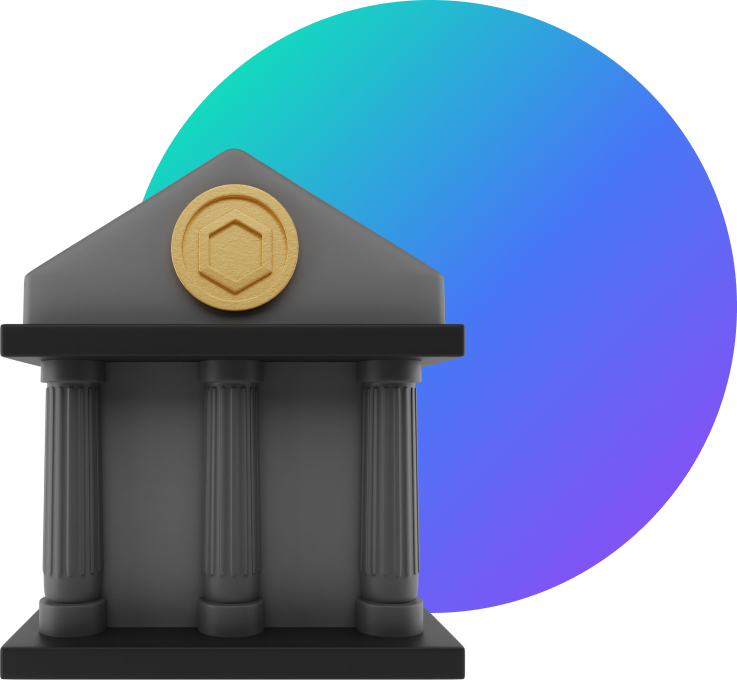
Borrowing And Lending:
With a Defi lending platform, borrowers and lenders have more say and options. Borrowers can get fiat loans with crypto collaterals. Both can also agree on loan rates that suit all parties.
Besides, smart contracts help them confirm the transaction. So, neither party needs paperwork, lawyers, or documents that could delay lending and incur extra costs.
Digital Marketplace:
Amazon, eBay, Alibaba, Upwork, Indeed, etc. These digital marketplaces serve as intermediaries between buyers and sellers of products and services.
Meanwhile, a Defi digital marketplace eliminates the need for these brokers. Smart contracts facilitate all these transactions. So, you won't have to pay charges for marketing your products on a Defi platform.
GameFi
A fascinating use case of digital ledgers is gaming. Presently, gaming dApps are, by some distance, the most used Blockchain-based apps. As an avid gamer, you could have invested lots of time and resources building an in-game character, i.e., weapon, avatar, costumes. Only for it to waste when you're no more playing the game. Or the game is discontinued. But dApp blockchain-based gaming can benefit gamers through
- Play to earn games
- Asset ownership
Examine the following gaming use cases
- Blockchain-based video games aren't owned and controlled by the game developer. So, you enjoy the game when it's discontinued.
- You can own gaming items on virtual worlds like Metaverse. Such items can be traded as NFTs.
- You can transfer game characters from one video game to another. So, when your favorite game gets outdated or discontinued, you can transfer an invested character to a new-trend game. Thereby preserving your investment.
- You can develop, rent or sell in-game characters as NFTs and make money.
- Indie game developers can crowdfund for games by selling gaming assets.
- You can access your games anywhere through your wallet. The Blockchain becomes a digital storage system where your games are stored.
- DApp game developers can reward gamers with tokens or in-demand gaming assets.
GameFi gives gaming maniacs new opportunities to make money from their passion. For instance, Pegaxy lovers can enjoy horse racing games and earn VIS tokens. In addition, Decentraland helps you buy digital lands and real estate. Then, sell it at a later date for a higher price.
Blockchain-Based Social Media Apps
Traditional social media apps have their limitations. Service providers bound users by the terms and conditions of a central network. Users always have limitations to free speech. Their posts risk censors while their personal data is mishandled. This is because these platforms work under a single server controlled by a player.
But social media dApps bring different options. Each community has a native server where they can set rules. No single authority can censor posts except through voting.
Unlike traditional development platforms like Twitter or Facebook, social media dApps don't charge a cut on advertisements. Influencers get their full pay without paying anything to any third party.
Here are a few examples of well-known social media apps and their decentralized alternatives
Social Media Platforms

YouTube
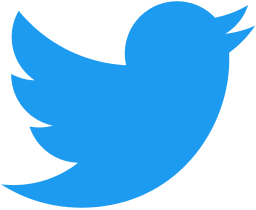
Twitter

Twitch

Facebook

Instagram

Discord
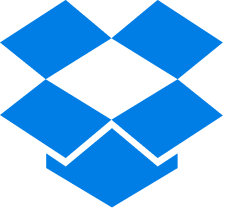
Dropbox

Reddit
Decentralized App Alternatives

BitTube

Mastodon

Owncast

Diaspora
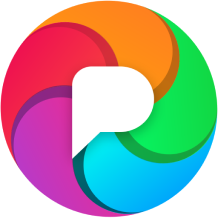
Pixelfed

Matrix

Lemmy
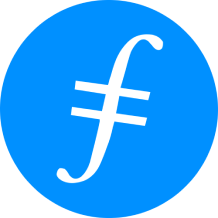
Filecoin
Blockchain-Based Music Streaming
Healthcare
Decentralized music platforms like Audible connect musicians directly to singers. Thus, artists can better monetize their skills without platforms like Spotify taking a cut.
You can go to a doctor to treat an ailment while on vacation in Paris and get back home to a hospital in Manchester. Both hospitals will have the same information about you through a DLT's decentralized network.
Launch a dApp on Decimal now!
FAQs
What Are the Most Popular Use of Decentralized Apps?
- Cryptocurrency wallets
- Gaming
- Social Media platforms
- Decentralized exchanges
- Governance
What Are The Advantages of Decentralized Apps Over Traditional Apps
- Eliminates intermediaries or third parties in transactions.
- No Transaction cost attached
- No General Downtime or central point of attack
- Consensual Modifications
- Innumerable Use cases.
What Are Smart Contracts?
Smart contracts are programs or protocols stored on a Blockchain network to run based on certain predefined conditions. They automate preset agreements between two parties without needing an intermediary.
Are DApps Truly Decentralized?
Yes. dApps are decentralized because they are controlled by an immutable logic written into a smart contract code. So, it can't be changed by any individual or organization.

Get the app
Available on all major platforms

- create a liquid coin by means of one button
- your coin is liquid, simple and understandable
- make passive income
- transfer money in a matter of seconds






